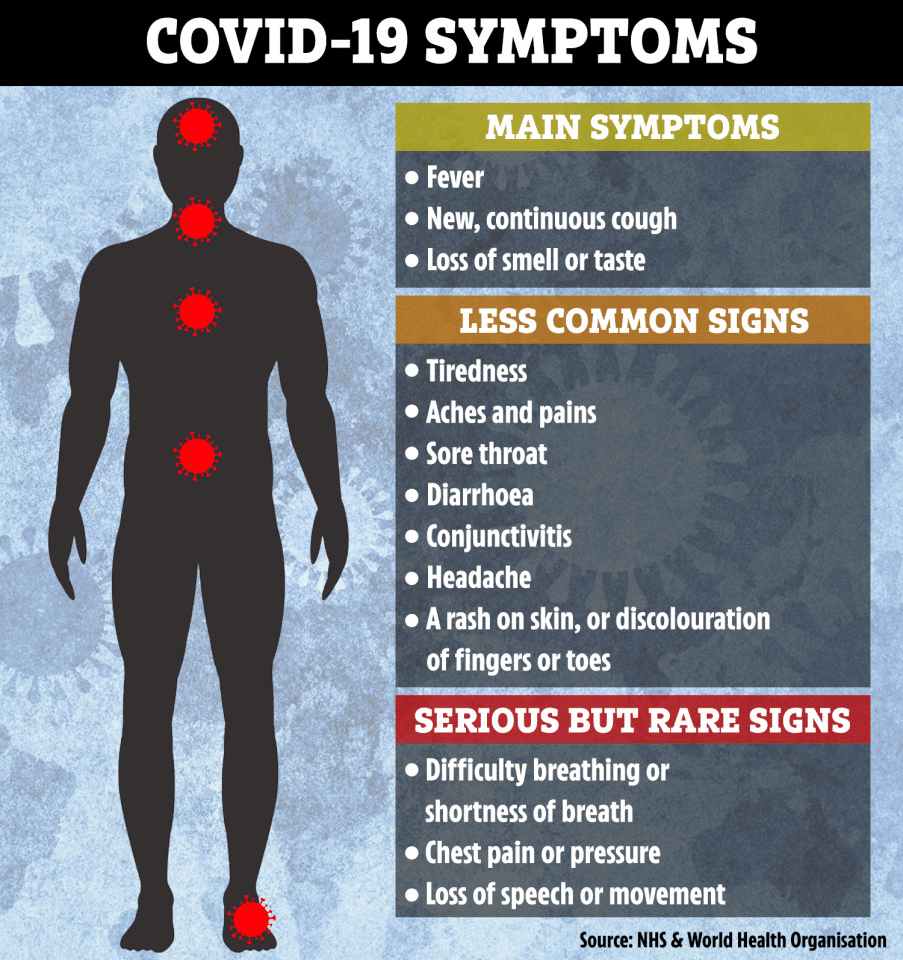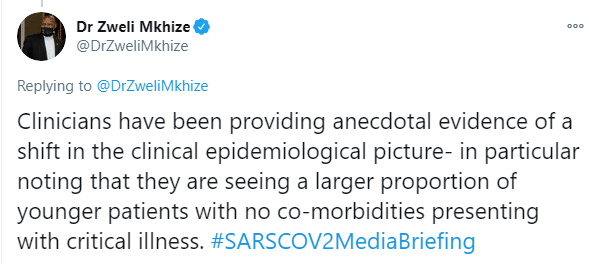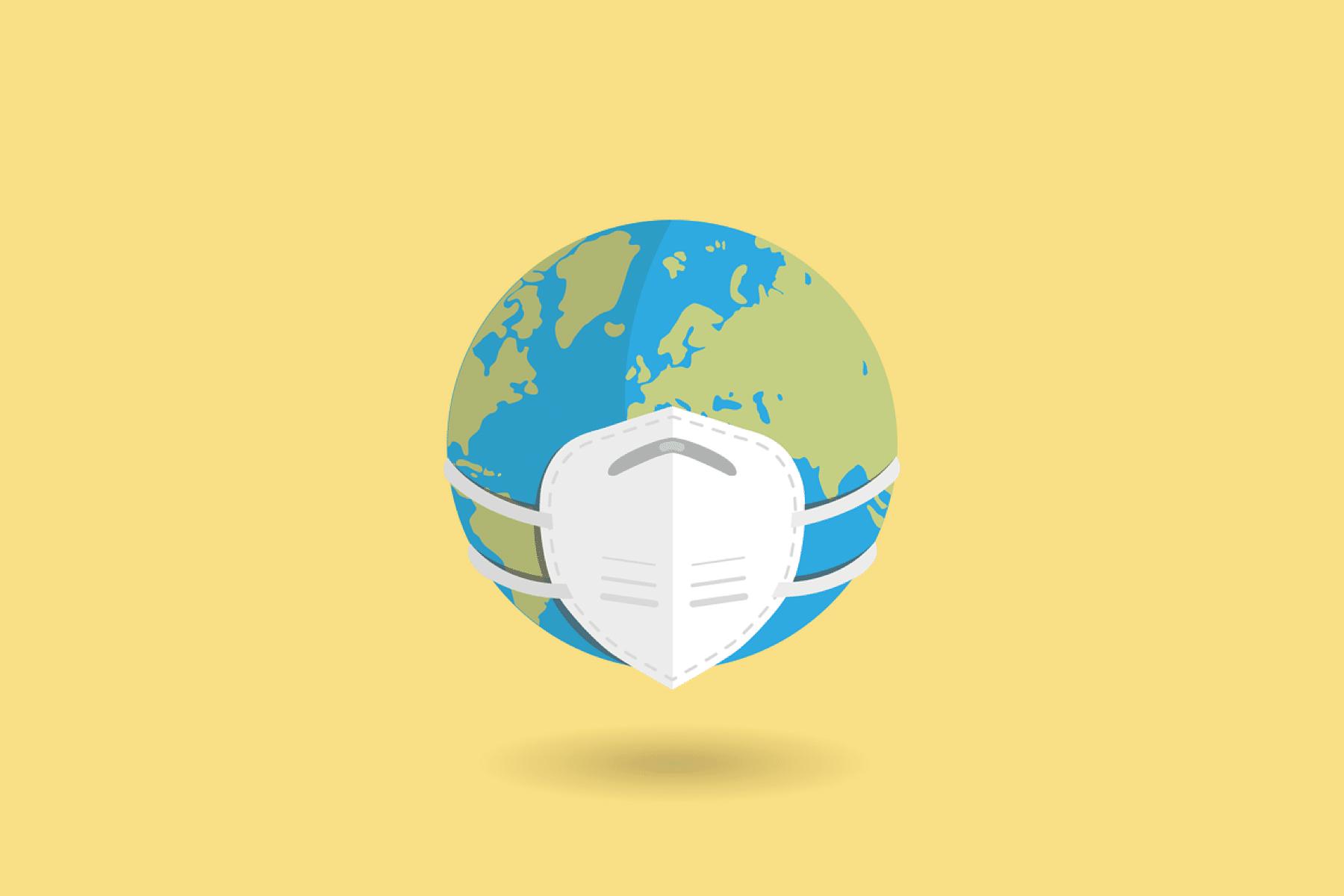SA’s second COVID-19 wave is in full swing with over 20,000 new infections daily. Many other countries are currently in a hard lockdown or have closed their borders, especially to South Africa, due to South Africa’s new Coronavirus variant. In this blog we’ll look at what this new variant means, how it’s different and what we can do.
What is Coronavirus?
The coronavirus family is a large one and the virus has been around for a very long time. Many of them cause a variety of illnesses. These can range between a mild cough to sever respiratory illnesses.
Scientists believe that COVID-19 or Novel (new) Coronavirus has been present in animals for some time now. They believe that this virus was transferred from an animal to a human in late 2019.
Types of Coronaviruses in Humans.
There are 4 sub-groupings for Coronaviruses; alpha, beta, gamma and delta. Seven of these viruses can infect people.
- 229E (alpha)
- OC43 (beta)
- NL63 (alpha)
- HKU1 (beta
- SARS-CoV, a beta virus that causes severe acute respiratory syndrome (SARS)
- MERS-CoV, a beta virus that causes Middle East respiratory syndrome (MERS)
- SARS-CoV-2, which causes COVID-19
What makes a virus differ from another?
DNA in humans are what tells us apart from each other. It’s what makes us all different in our own way. Viruses have something very similar called RNA.
According to Britannica; “Ribonucleic Acid (RNA) is the genetic material RNA, abbreviation of ribonucleic acid, complex compound of high molecular weight that functions in cellular protein synthesis and replaces DNA (deoxyribonucleic acid) as a carrier of genetic codes in some viruses“.
How does a virus infect you?
As we all know viruses can enter the body in many different ways; ingestion, inhalation, bodily fluids, etc.
A virus enters your body and attaches to your cells. When the virus has managed to get inside the cell it starts to duplicate its RNA, helping it to spread to other cells. How fast they duplicate depends on a lot of factors. The type of virus is one and another is the health of the individual or the resistance of their cells.
Virus changes & mutations.
Changes in viruses can happen randomly. This is a normal thing that happens, especially when the virus has infected a large amount of people. Take the normal flu virus for example, the reason why there is a flu shot every year, is because the influenza virus changes constantly. The one making the rounds this year can be totally different from the year before.
As COVID-19 has infected more than 90 million people worldwide, variants were inevitable and most scientists were ready for it. The only problem with a new virus is you have no idea how it will evolve, especially when the whole world is being affected.
Evolution of Ebola
Back in 2014 I watched a video about the Ebola outbreak in Liberia and surrounding countries. The video was produced by VICE, a journalistic team traveling the world unveiling horrific stories of disease, corruption and war.
In this video they look at how it all started and in the conclusion part they explain that if the Ebola virus evolves into a super virus it can kill a third of the planet’s population. “It’s not the disease we know, it’s the one we don’t”.
Even though Ebola is a world apart from Coronaviruses, the basics of how viruses begin and evolve stays the same. View it out below if you are interested:
South African Coronavirus Variant
As we’ve all seen in the news, South Africa has a new COVID variant that is spreading faster than the original one. This variant has been picked up in the UK, Finland, Japan and Norway.
Is South Africa the only variant?
No. As mentioned before, more than 90 million people have contracted the virus. So variants of the virus are inevitable. The only issue is that it seems like the SA variant is more infectious than all the other variants.
Thus far, scientist don’t believe the SA variant is more deadly. Studies so far have indicated that unlike the original variant from Wuhan, the blood of those who have beaten the new variant may not be as viable to help those struggling to beat it.
Where did this variant come from?
As discussed earlier, it can be a wide variety of reasons, but scientists believe that this variant originated from an individual with a lowered immune system that was unable to beat the virus, resulting in it wreaking havoc on the individuals cells.
This variant could then have been transferred to medical personnel or to those handling the body after death.
Symptoms of the new variant
Other than the new variant spreading a lot faster than other versions, so far, the symptoms are still more or less the same. As it spreads this will be more prevalent.

Concerns of the new variant
Health minister Zweli Mkhize tweeted there was “anecdotal evidence” of a “larger proportion of younger patients with no co-morbidities presenting with critical illness”. Meaning unlike the original version, our kids may be in a lot more danger than ever before.

Will the vaccines work?
It is unclear if the current vaccine will work, but luckily vaccines can be tweaked to fit changes. It is doubtful that South Africa will have vaccines widely available within the the next 6 months so the best we can do is to try our best to not get infected and stop the spread by staying at home where possible and isolating when you feel under the weather or if someone you had contact with becomes sick.
Ozone Therapy and COVID-19
Since this pandemic started great things have come out of the ozone therapy community. Italy is still treating patients in hospitals with great success.
Regular ozone treatments can help your body build its immune system and fight off disease causing viruses and bacteria.
Conclusion
There is much uncertainty about the new Coronavirus variants; if there will be more variants and if vaccines will work.
The only thing that is for certain is that now is more important than ever to prioritise our health. We should take responsibility for our wellbeing and be proactive in combating the virus, whether through social distancing, wearing of masks, boosting our immune system (ozone saunas and vitamins are good examples), sanitising and/or restricting our movements.
We will get through this and be healthier for it.







Leave a Reply